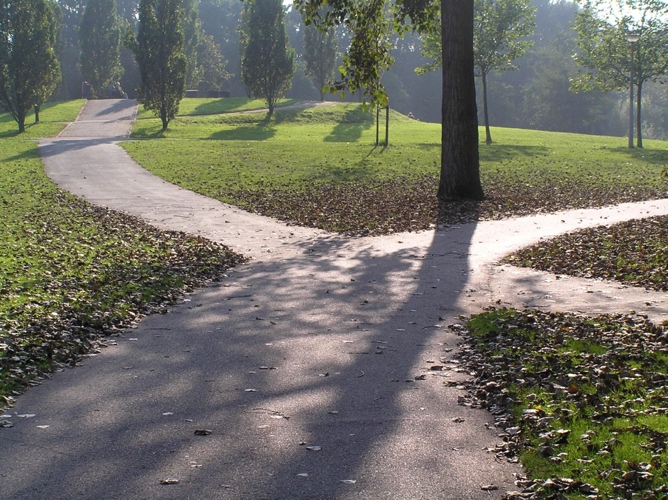
This post continues a series entitled intersections. As I reflect on my life’s journey, various intersections along the way come to mind. My ambition was for a straight and narrow path. but, that’s not how life goes.
The most recent intersection on my journey has been an engagement with racial reconciliation and social justice. In the fall of 2017, following some disturbing national events centered around racial conflicts, several couples and a few individuals at our church concerned about racial unrest initiated meetings to provide opportunity for conversations about racism. The subject of racism had not been a regular topic, with the exception of an occasional recognition that it is a sin. The initial meetings were tense and somewhat awkward. For some attendees, the most pressing question seemed to be: “Why are we talking about this?”
Subsequent to a couple of general meetings at church, there was an open invitation to participate in further conversation at a member’s home. I decided to participate. For more than a year, I have continued to participate in regular conversations, read numerous books and articles and been challenged in ways that I never anticipated.
My understandings and perceptions of racism, racial reconciliation and social justice have been profoundly altered. I have no illusion that my education is adequate and certainly not complete. It is my intention to continue learning. The prescription of the lens through which I view the world has changed and I believe provides better clarity.
It is my intention to write about what has changed for me, and why, in subsequent posts.
To conclude this post, I want to explain why I decided to join a conversation on racism and racial reconciliation.
The primary and most naive and misguided reason: I was confident that I could contribute in a positive way toward making progress in improving racism and racial reconciliation. At 76 years of age, with decades of experience and wisdom from leadership responsibilities in business and church, I would be a valuable asset.
I was concerned that the church has been mostly silent about racial issues, and the demographics of our congregation did not reflect a diversity consistent with the kingdom of God.
I believed there were significant changes happening in our society that were impacting racial relations in a negative way.
Foremost, was the influence of my granddaughter, Meredith. A passionate social justice advocate, she has challenged me at every turn. Relentlessly confronting me with the inconsistencies and injustices in my own life and in society, I could not ignore what had become painfully obvious.
Over the course of the past year+, I have come to understand the truth of Timothy Tyson’s assertion:
“We cannot address the place we find ourselves because we will not acknowledge the road that brought us here.” Tyson, Timothy B.. Blood Done Sign My Name (p. 311)
I have made progress in understanding and acknowledging the road that has brought me to where I am today. It is my hope that I will now find the will and courage to act.
With each post, I plan to provide some reference material should my readers want to pursue the subject further. For this post, I am including Whiteness 101, an article that was extremely challenging to read and, perhaps, for some ended any further conversation.